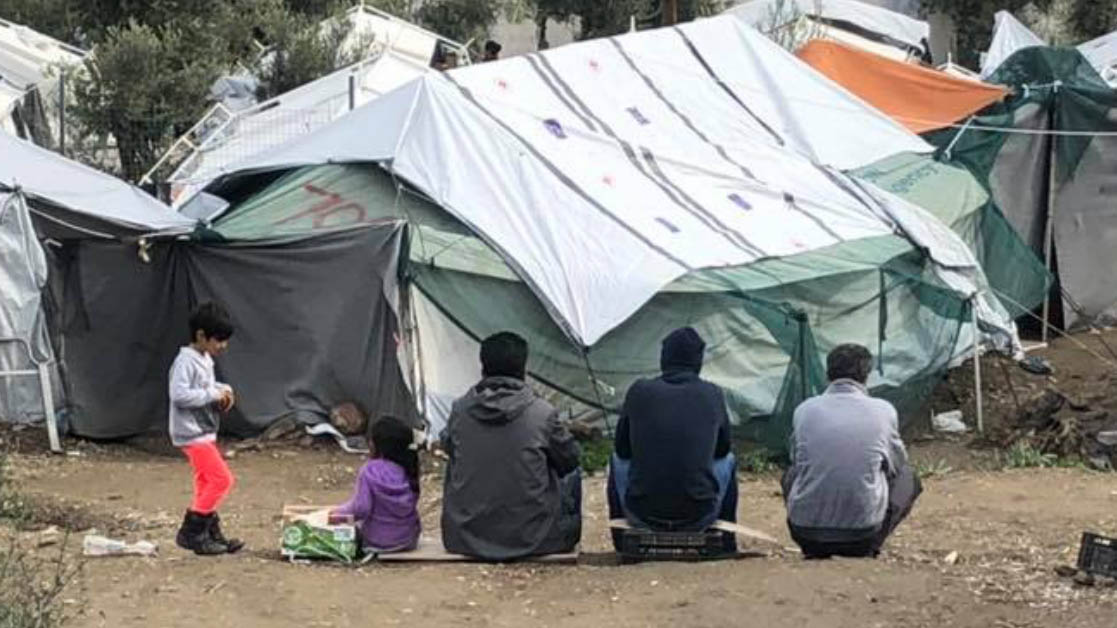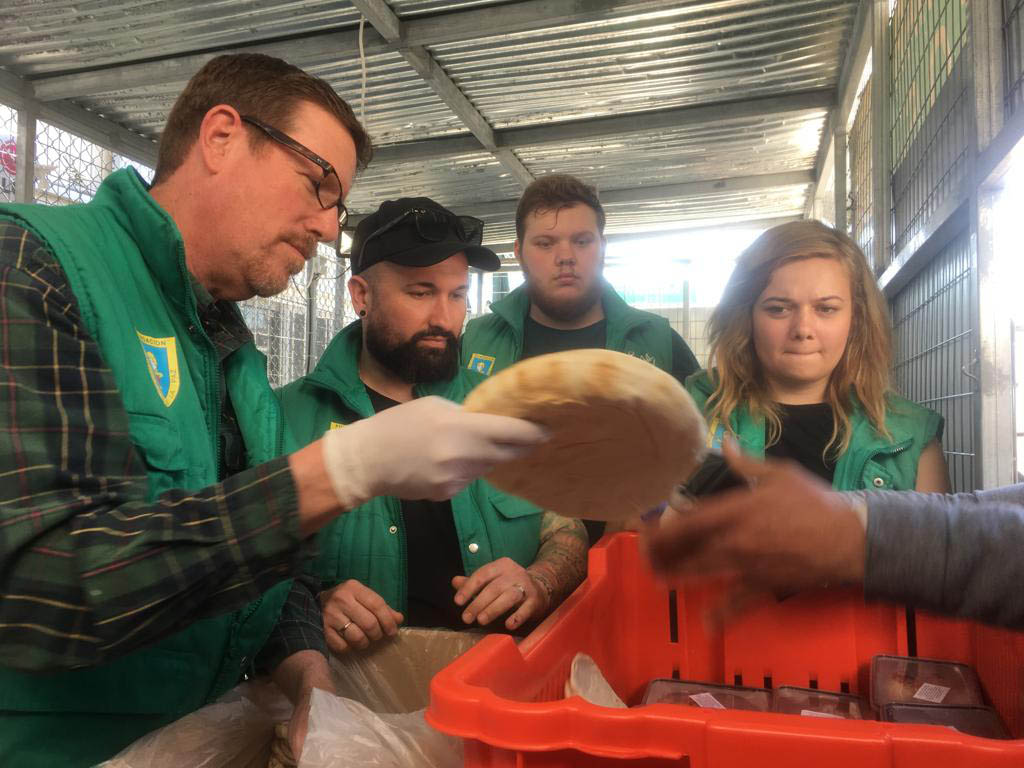 The New York Times recently carried the story of a former Congolese political prisoner. Michael Tambo had survived physical torture and a precarious boat ride across the Mediterranean. Yearning for freedom in Europe, he found himself marooned in a refugee camp on the island of Lesbos, Greece. As he waited month after month for his asylum papers to be processed, Michael Tambo began to despair. Completely overwhelmed and devoid of hope, he decided to drink a bottle of bleach.
The New York Times recently carried the story of a former Congolese political prisoner. Michael Tambo had survived physical torture and a precarious boat ride across the Mediterranean. Yearning for freedom in Europe, he found himself marooned in a refugee camp on the island of Lesbos, Greece. As he waited month after month for his asylum papers to be processed, Michael Tambo began to despair. Completely overwhelmed and devoid of hope, he decided to drink a bottle of bleach.
Michael barely survived his brush with death, but his story of longing and despair is not unique. According to the United Nations Refugee Agency, UNHCR, the Moria camp was designed to accommodate 3,100 people, but it, at times, has held more than three times that many. Squalid conditions abound. Desperate refugees wait in long lines three times a day, in hopes of getting a meal before they run out. There’s one shower for every 80 people and one toilet for every 70. Sewage leaks are everywhere. Sexual assault, random violence, and suicide are daily occurrences.
And this is just one camp, with a few thousand people. The UNHCR says there are currently 70.8 million forcibly displaced people worldwide. Many of these people are living in disheveled camps as they hold out for the promise of resettlement.
We are currently living the worst refugee crisis in modern history. Why is Reach Beyond getting involved if our focus is on making disciples among the 1,900 largest unreached people groups? Did we become a refugee relief agency?
When you look at a map of where the 1,900 largest unreached people groups are located, you can start to see why they are unreached. Many are located in closed countries or conflict zones, where we cannot send workers with a U.S. passport, and where it is too dangerous to openly share the Gospel.
 In many cases, the people that we want to reach with the Good News are being forced to flee from their home countries. Almost 50 different nationalities have been represented in the Moria Camp in Greece. They come from countries that are largely unreached, including Afghanistan, Syria, Iraq, Iran and Somalia. The global refugee crisis is bringing people from places where they have very limited access to the Gospel to places where the Gospel is more readily accessible.
In many cases, the people that we want to reach with the Good News are being forced to flee from their home countries. Almost 50 different nationalities have been represented in the Moria Camp in Greece. They come from countries that are largely unreached, including Afghanistan, Syria, Iraq, Iran and Somalia. The global refugee crisis is bringing people from places where they have very limited access to the Gospel to places where the Gospel is more readily accessible.
There's another reason why Reach Beyond is engaging with the global refugee crisis. It's not just because of the opportunity it affords. Reach Beyond is committed to being the voice and hands of Jesus among the poor and powerless. It's what Jesus taught us to do.
Reach Beyond wants to be a trusted guide connecting the Church to the unreached. We have an opportunity to do that through the global refugee crisis. Please join us as we seek to be the voice and hands of Jesus to hurting people who've had to flee their homes and livelihoods. More and more opportunities are opening up, in Bangladesh, Greece, Kurdistan and around the world. Would you pray about joining one of our short-term teams? Would you give to support those who go? Your monthly gift of $30 or more today will make a powerful difference in the lives of those who’ve lost everything.
Along with workers and resources, we also need prayer. I encourage you to use our online prayer guide, 50 Days of Prayer, Intentionally Praying for the Unreached Among Refugee Populations. Ask God to give you His heart for the nations, to see refugees the way He sees them: as loved and made in His image.
